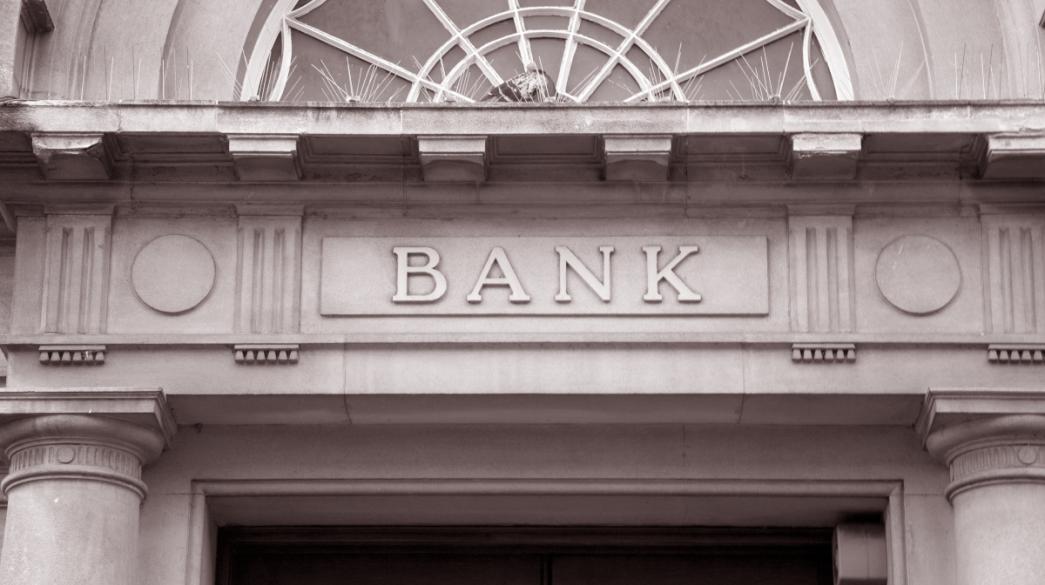Greece's banking system will have chanelled more than nine billion euros into the market by the end of June, decisively boosting liquidity in an extremely difficult time for the economy and businesses.
This amount exceeds liquidity needs that arose due to the pandemic. According to Business Daily's sources, a study put together by Oliver Wyman on behalf of the government estimates that the additional liquidity needs of small and medium-sized enterprises due to the pandemic reach 6-8 billion euros.
Bank officials point out that in addition to government measures boosting liquidity by 5.5 billion euros (2 billion euros in the TEPIX II program and 3.5 billion euros in the first part of a state guarantee lending scheme), banks have already increased lending yo businesses in the first quarter of the year two billion euros, while an additional 1.5-2 billion euros will be channeled by the end of the month in fresh finance.
In fact, the total liquidity to be pumped into the economy in the first half of this year will exceed 10 billion euros, including repayments of older loans.
Yesterday, the Hellenic Development Bank announced the completion of TEPIX II, while by the end of the month, the evaluation and approval of the applications for the first part of the Guarantee scheme will be also be completed.
The country's banks took steps to increase new loans being issued to businesses prior to the government's initiatives, while a new a record for loan disbursements was set in March.
According to Bank of Greece data, there was a net flow of financing (new loans after the repayment of older loans) to businesses in March amounting to 1.86 billion euros, compared with a positive net flow of 462 million euros in February, while credit expansion accelerated to 3.6 percent from 1.4 percent in February.
Funding continued in April, despite the lockdown, as the net flow of loans to businesses stood at 265 million euros, pushing credit expansion to 4.1 percent.
Bank executives point out to Business Daily that the above liquidity covers needs created by the shock of the pandemic. In addition to Oliver Wyman's study, National Bank CEO Pavlos Mylonas recently said at an event that "in 2020, businesses will need about 10 billion euros to fill their financial gap", adding that most of the needs are already being met by government programs, such as TEPIX and the Guarantee Fund, channelling nine billion euros of funds.
Yesterday, Eurobank chairman, George Zanias, while speaking at an online event of the Delphi Forum estimated that for the whole of this year new loans from banks will reach 20 billion euros.
Problems with applications
At the same time, there has been strong criticism of banks reluctance to lend money to businesses, while opposition leader Alexis Tsipras said that lenders are channeling a very small portion of government funds programs to businesses.
Many companies claim that banks with various excuses and excessive demands exclude them from support programs and many, including ministers, are critical of the effectiveness of banks.
Officials told Business Daily that the 2-billion-euro TEPIX II program had drawn applications seeking nine billion euros of liquidity, while demand for loans via the 3.5 billion euro Guarantee scheme reached 18 billion euros.
From the loan applications processed by banks it can be seen that a very large part of the applications, about 65 percent, were submitted by companies with a negative net position, companies that have been showing losses for a number of years due to low turnover and already burdened with NPLs. Worse still, many applications were submitted by companies with zero turnover and others were completely inactive hoping to turn the crisis into an opportunity.
The same sources note that the problem of non-performing loans formed after the 2009 fiscal derailment and the inability to deal with them has been a major burden for the banking system and the economy, which has not yet been resolved, limiting the economy's development potential.
They emphasize that compliance with banking criteria in the current crisis, ie channeling money to those who can repay them, is a vital issue for the country and warn that if banking criteria are not met, then it is certain that a new generation of bad loans will be created.
YIANNIS PAPADOGIANNIS









